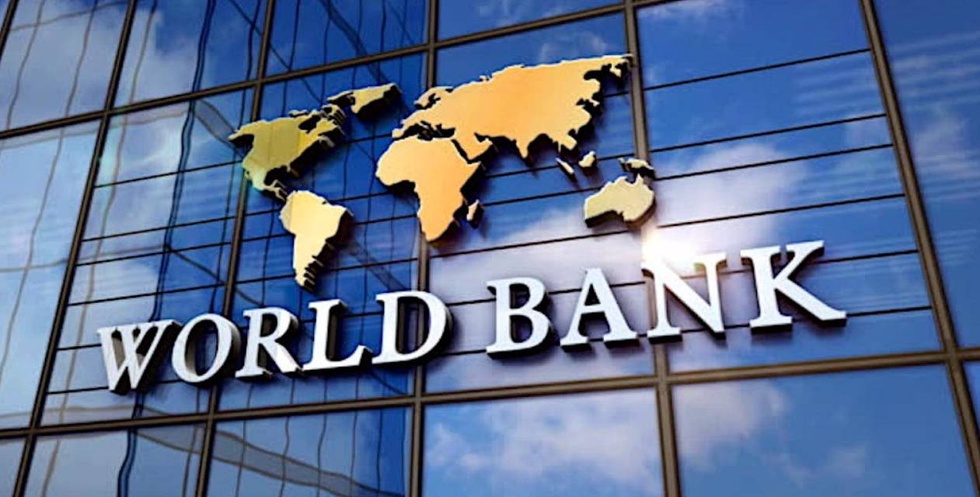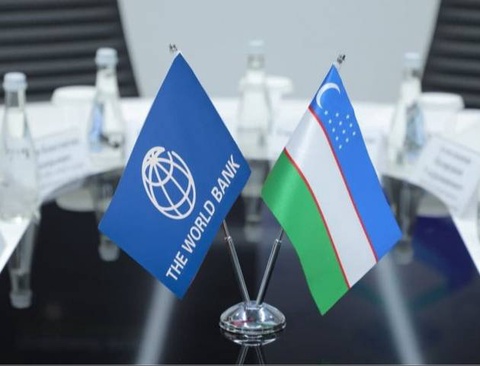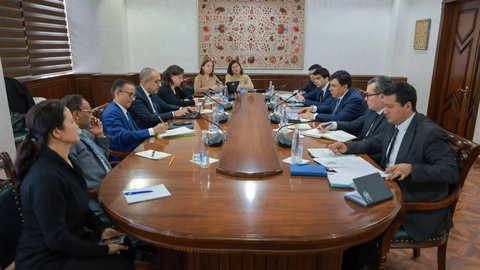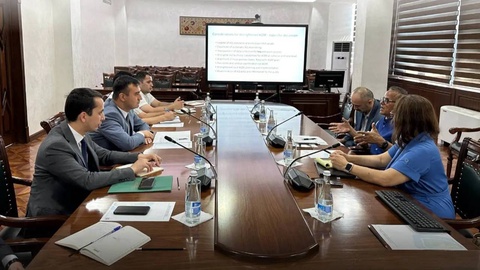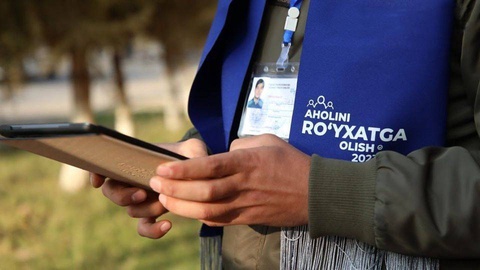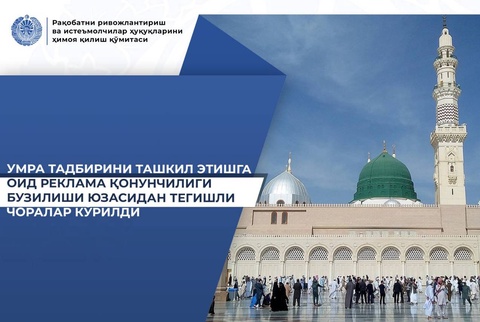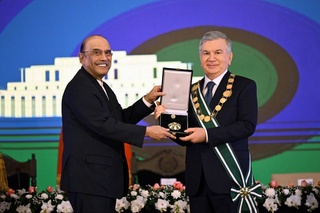The report examines issues of gender equality in Uzbekistan through an analysis of the situation in various areas, including women's access to education, health, economic activity, their protection from violence, the situation with marriages and divorces, as well as women's participation in public life of the country, reports news agency "Dunyo".
In addition, the report assesses the impact of social and cultural norms and attitudes on the rights and perceptions of women in society.
The document notes the significant progress made by the country in ensuring gender equality since 2017. In particular, norms have been adopted guaranteeing women equal pay with men for work of equal value. Restrictions on the employment of women in certain industries have also been lifted.
In April 2023, amendments were made to the Criminal Code and the Code of Administrative Responsibility of Uzbekistan aimed at combating domestic violence, including physical, psychological and economic violence in family relations.
Taking into account these legislative changes, the report "Women, Business and the Law", published annually by the World Bank, included Uzbekistan in the top five reformer countries that have achieved the greatest progress in ensuring gender equality among 190 countries in the world in 2024.
It is noted that women's access to education and medical services has significantly improved in Uzbekistan. For example, there has been a significant increase in higher education enrollment. At the same time, in the period 2017-2022, access to higher education among men increased threefold - to 29%, and among women fourfold - to 27.4%.
Measures aimed at ensuring equal access to health care have led to a reduction in child and maternal mortality over the past 30 years.
Among the recommendations of the report, it is noted that Uzbekistan needs to continue taking further measures to eliminate gender inequality so that the country can fully realize its economic potential.
"A solid foundation has been created in the country to achieve further progress," the World Bank experts summarize. "It opens up broad prospects in ensuring equal rights and opportunities for all citizens, regardless of their gender."


